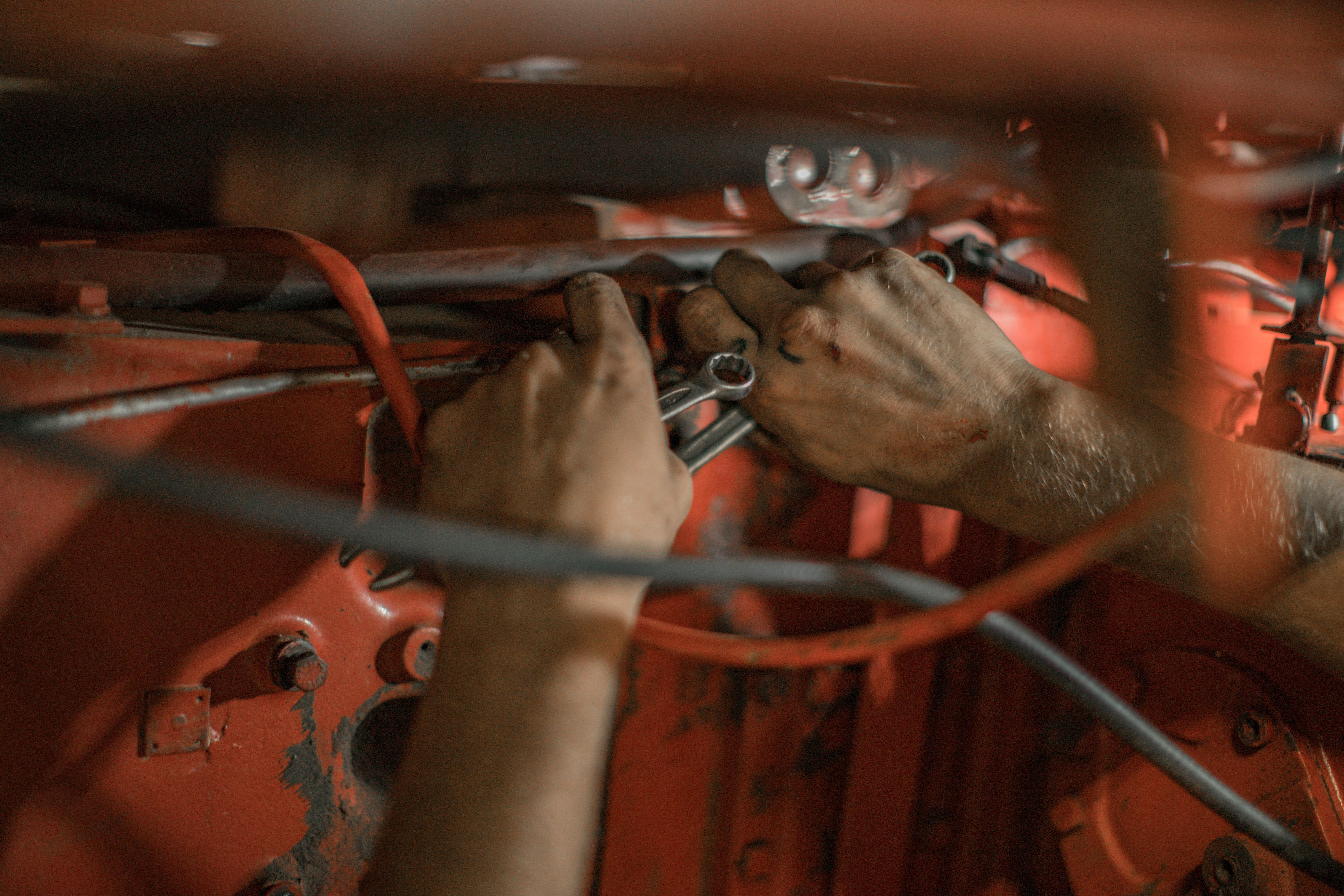In the ever-evolving landscape of television, few series have achieved the enduring acclaim and cultural significance of “The Wire.” Since its debut in 2002, this HBO drama has been lauded for its intricate storytelling, complex characters, and unflinching portrayal of urban life in Baltimore. However, as the medium of television continues to evolve with new technologies, storytelling techniques, and social contexts, a pertinent question arises: does “The Wire” still hold its place as the pinnacle of television excellence, or has it become outdated in today’s rapidly changing media environment? This article delves into the elements that have contributed to the show’s iconic status while also examining the factors that might challenge its relevance for contemporary audiences. By analyzing its thematic depth, narrative structure, and cultural impact, we aim to assess whether “The Wire” remains the gold standard of television or if newer series have surpassed its legacy.
Cultural Impact and Legacy of The Wire
The Wire has etched an indelible mark on the landscape of television, redefining what a crime drama could achieve. Its intricate storytelling and authentic portrayal of urban life in Baltimore have influenced numerous shows that followed. Breaking Bad, The Sopranos, and Mad Men are often cited as beneficiaries of its narrative depth and complex character development. Beyond television, its impact extends into academia, where it serves as a case study in sociology, public policy, and media studies, exploring themes such as systemic corruption and institutional dysfunction.
- Innovative Storytelling: The show’s multi-layered narratives and character arcs have become a blueprint for modern TV dramas.
- Realism and Authenticity: Its unflinching portrayal of urban America challenges viewers to confront uncomfortable truths about society.
- Social Commentary: It continues to resonate as a powerful critique of societal structures, from law enforcement to education.
While some critics argue that its pacing and style may not align with today’s fast-paced viewing preferences, its thematic relevance remains undiminished. In an era of evolving television standards, The Wire’s legacy as a pioneering force endures, prompting ongoing debates about its standing as the pinnacle of television storytelling.
Narrative Techniques and Storytelling Depth
The narrative techniques employed in ”The Wire” have been lauded for their complexity and depth, setting a benchmark in television storytelling. Unlike traditional shows that focus on individual character arcs or linear plots, “The Wire” adopts a multi-layered approach, weaving together diverse storylines to create a rich tapestry of urban life. This intricate structure demands active engagement from the audience, encouraging viewers to piece together the broader societal implications. Such a narrative style has inspired countless shows, pushing the boundaries of what serialized television can achieve.
- Character Development: Each character is meticulously crafted, contributing to the overarching themes of the series. This depth allows viewers to see beyond stereotypes and understand the complexities of each individual’s circumstances.
- Realism: The show’s commitment to authenticity is reflected in its dialogue and settings, often blurring the lines between fiction and reality. This realism adds a layer of credibility that resonates with audiences.
- Social Commentary: “The Wire” deftly integrates social issues, using its narrative as a vehicle for broader commentary on systemic problems, which continues to be relevant even years after its release.
However, as television evolves, some critics argue that newer series have adopted and refined these techniques, potentially overshadowing “The Wire’s” pioneering efforts. The question remains whether its storytelling depth still holds unparalleled significance in the ever-changing landscape of TV drama.

Comparison with Modern Television Shows
When examining The Wire against contemporary television, several factors emerge that highlight both its enduring strengths and areas where it might seem outdated. On one hand, the show’s intricate storytelling, deep character development, and social commentary remain unparalleled. Few modern shows have matched its ability to weave complex narratives across multiple seasons, offering viewers a multifaceted look at societal issues. In contrast, many current series often favor fast-paced plots and sensationalism, sometimes sacrificing depth for immediacy.
- Character Complexity: While recent hits like Succession and Breaking Bad also offer complex characters, The Wire set a precedent with its morally ambiguous portrayals.
- Storytelling Style: The Wire’s slow-burn narrative might seem less appealing in today’s binge-watching culture, where viewers often prefer more immediate gratification.
- Production Values: Modern shows benefit from advanced technology and larger budgets, offering slicker visuals compared to The Wire’s gritty, documentary-style realism.
However, the timeless themes explored in The Wire—from systemic corruption to the human condition—remain relevant, resonating with audiences even today. Its authenticity and commitment to realism provide a stark contrast to the often hyper-stylized nature of modern productions, reaffirming its place in television history as a touchstone for quality storytelling.

Revisiting The Wire in Contemporary Context
As we delve into the intricate tapestry of urban life depicted in The Wire, it’s crucial to examine how its themes resonate in today’s socio-political climate. The show, renowned for its unflinching portrayal of systemic failures in Baltimore, presents a mirror to the enduring struggles within American society. Institutional dysfunction, economic disparity, and the complexities of human nature are as relevant today as they were when the series first aired. However, does this timelessness equate to continued supremacy in the realm of television, or do modern narratives offer more nuanced perspectives?
Considerations for contemporary relevance include:
- Technological Advancements: The absence of modern technology in the series might render its storytelling less relatable to a digital-savvy audience.
- Representation and Diversity: Today’s viewers demand more diverse voices and stories, prompting a reevaluation of the series’ focus and character dynamics.
- Societal Evolution: While the core issues remain pertinent, societal attitudes and discussions around these topics have evolved, necessitating a fresh lens.
Ultimately, the question of whether The Wire retains its title as the best TV show ever is subjective, hinging on one’s perspective of how television should engage with and reflect societal change.
